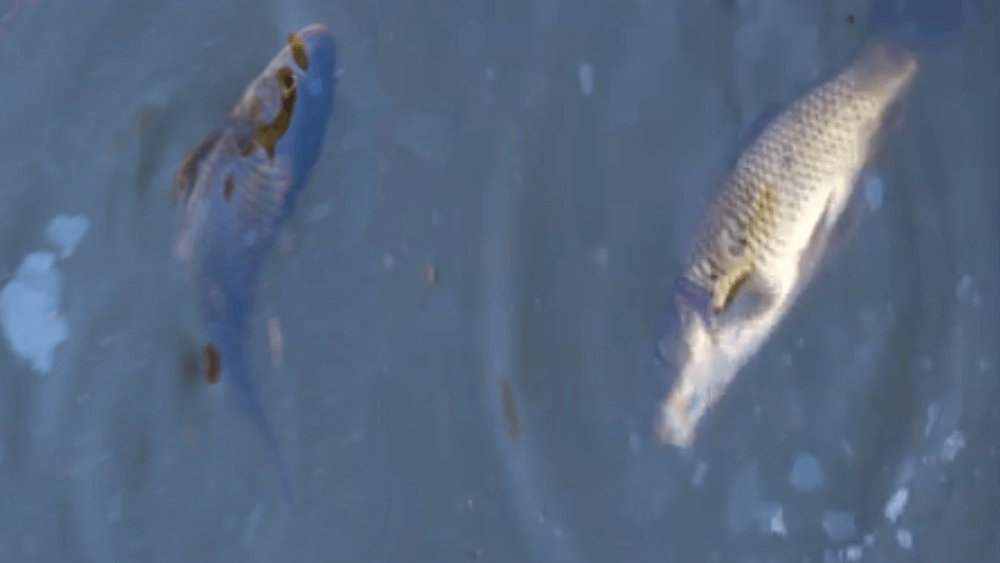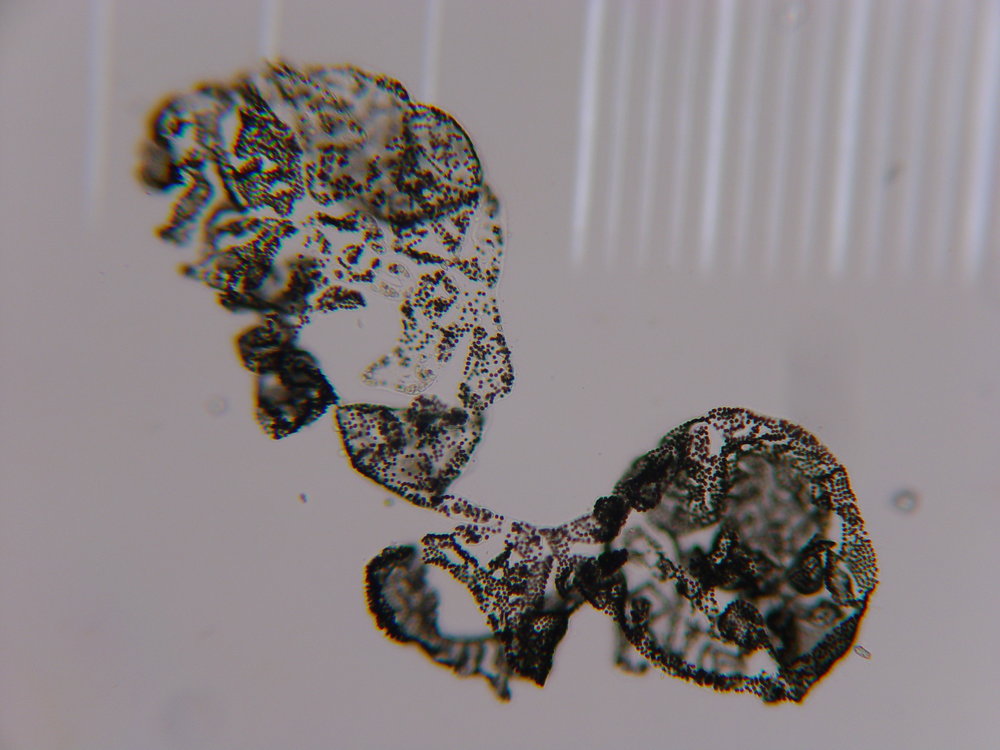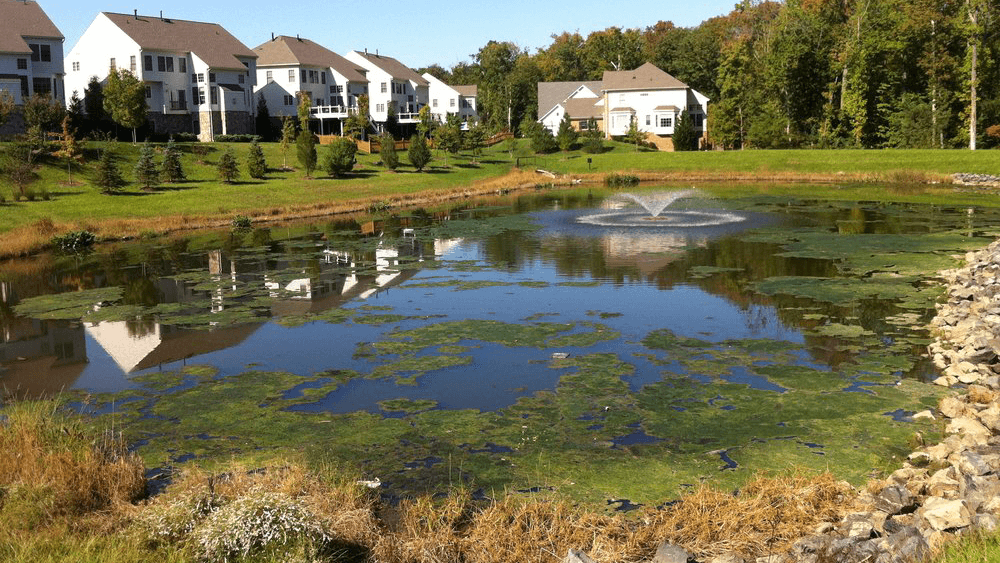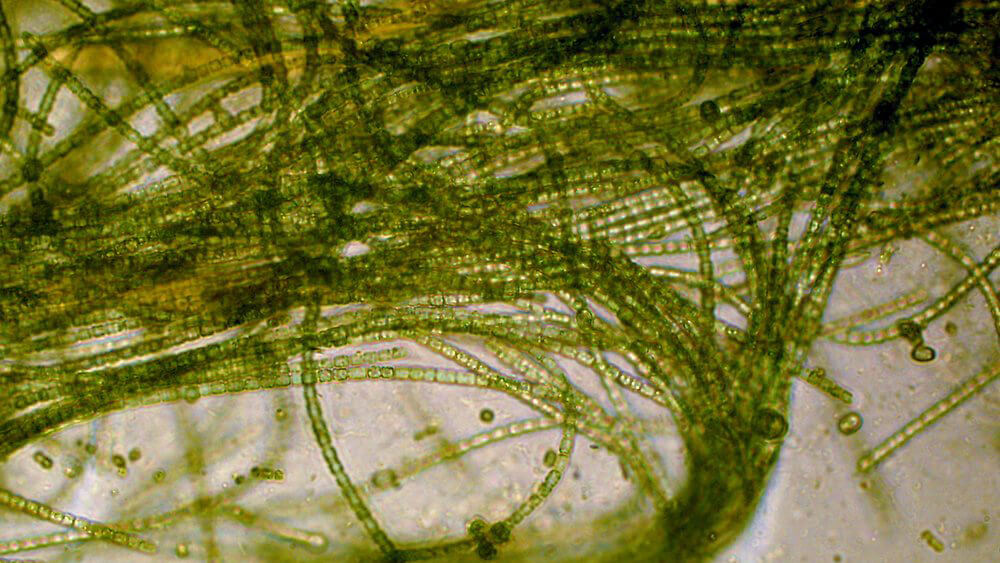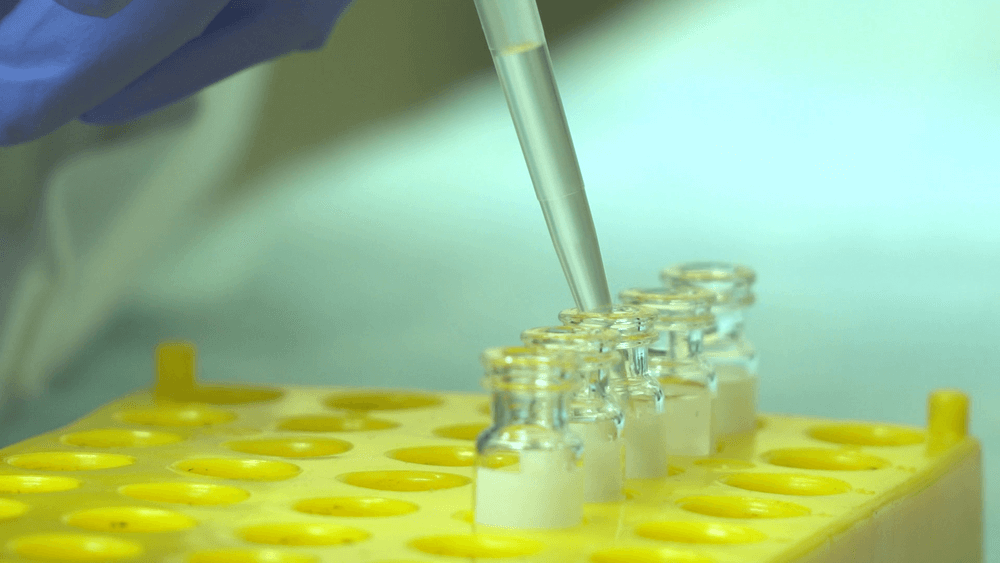Algae Corner: Fish Kill Causes
Welcome to the Algae Corner with me, Dr. West Bishop.
Today we’re doing to talk about some reasons fish die in your water source. Remember: There are so many reasons why fish may die in your water resource. It’s always an unfortunate event, but the causes are important to know. So, we’re going to cover some common reasons that fish might not survive in your water.
Common Causes of Fish Kills
Cause #1: Dissolved Oxygen Depletion
The most common culprit of fish deaths is dissolved oxygen depletion. Fish need dissolved oxygen in the water column to breathe, to live, and that dissolved oxygen may be depleted in many different ways.
Natural Fluctuations
First, there are natural fluctuations in dissolved oxygen such as high plant or algal growth. Even if these are good types of plants or algae, they can cycle out, and at night time when they respire, they use oxygen in the water column, which depletes oxygen levels in your water body.
Bacteria Decomposition of Organic Matter
Bacteria decomposition of organic matter is another reason why oxygen may be depleted in your water resource. This could be organic matter like leaves or grass clippings that just build up at the bottom of your water resource, or it may be from natural cycling of dead algae, algal bloom that cycles out, or a plant population that crashes either naturally or following an algaecide or herbicide application. The depletion of dead organic matter from bacteria can definitely be at play with oxygen depletion issues.
Weather Conditions and Oxygen Depletion
In addition to natural fluctuations and decomposition, weather conditions can also exaggerate oxygen fluctuations. If you have a lot of cloudy or rainy days, that can impeded the natural photosynthetic processes of algae and bacteria. Again, that can limit the amount of natural oxygen that's being produced in the water resource, putting more stress on the fish. There is often less dissolved oxygen that can be dissolved in the water body during these warmer, hotter temperatures, so if you have a lot of warm days and hot temperature days, it can cause just innately less oxygen in the water resource, stratification of the water, so those dissolved oxygen levels get depleted even farther.
Remember
There are many different causes of fish kill, but often dissolved oxygen is the culprit of the most common types of fish kills that we encounter. There are many reasons that dissolved oxygen may be depleted, the most common of which we’ve discussed above.
Cause #2: Run Off Problems
The next cause for fish kills that we’re going to talk about is other products that may run off into your water resource. There are a lot of terrestrially applied products that can end up in a water body that can pose risk to the fish and cause a fish kill.
There are many sources for problematic runoff. Sealant from a nearby parking lot, for example. Storm water runoff is another common culprit because there are a lot of constituents in storm water that can be toxic to aquatic life. Even some terrestrially applied insecticides can pose risks to fish and other aquatic organisms if they get too close to the water body or run off into the water body.
Cause #3: Diseases, Parasites, and Viruses
A third culprit of fish kills are fish diseases, parasites, and viruses. In these instances, the fish often have diagnostic symptoms or clues, so keep a close eye on them. While you may have some success diagnosing from these symptoms, it’s important to remember that there are many different fish diseases that can cause mortality.
One common disease is called ich or ichthyophthirius. This is an ecto-parasite, also known as white spot disease. It has a very clear diagnostic look and can cause mortality.
There are also many other fungal infections or internal parasites like flukes or tapeworms that can cause fish mortality.
Cause #4: Toxic Algae
The fourth fish kill cause to keep an eye out for is toxic algae. This causes is on the rise, and there are many different algae that can directly produce toxins that negatively impact fish.
The golden algae, the haptophytes, can produce a number of toxins that impact the gills. Some of the cyanobacteria can have acute toxicity with the toxins they produce. And some euglenophytes or euglena can produce fish-killing toxins. So remember to keep toxic algae on your radar as a fish kill culprit.
What You Can Do
We’ve discussed some of the common causes, but there are many other reasons why fish die: stress due to spawning, old age, being overpopulated, and being overfed, among others. With any fish kill, there's a lot of information that needs to be collected. Below are some data points you can gather to best diagnose the cause of your fish kill.
- Good pictures of the fish and water
- Detailed notes of all the occurrences that have led up to the event
- Fish samples (You can freeze them and get them analyzed by a professional to see if there's any diagnostic symptoms that they can pick out.)
- Water sample (Have the water analyzed by a professional. The water chemistry and the dissolved oxygen levels can be very useful in determining the cause of your fish kill.)
We do have another episode related to fish kills that you should watch. Please check out Algae Corner: Top Questions to Ask When Dealing with a Fish Kill for more information about what questions to ask when dealing with a fish kill.
And as always, if you need help or assistance, we're here to help.
Want to get Updates? Get the latest news by subscribing to our channel:
